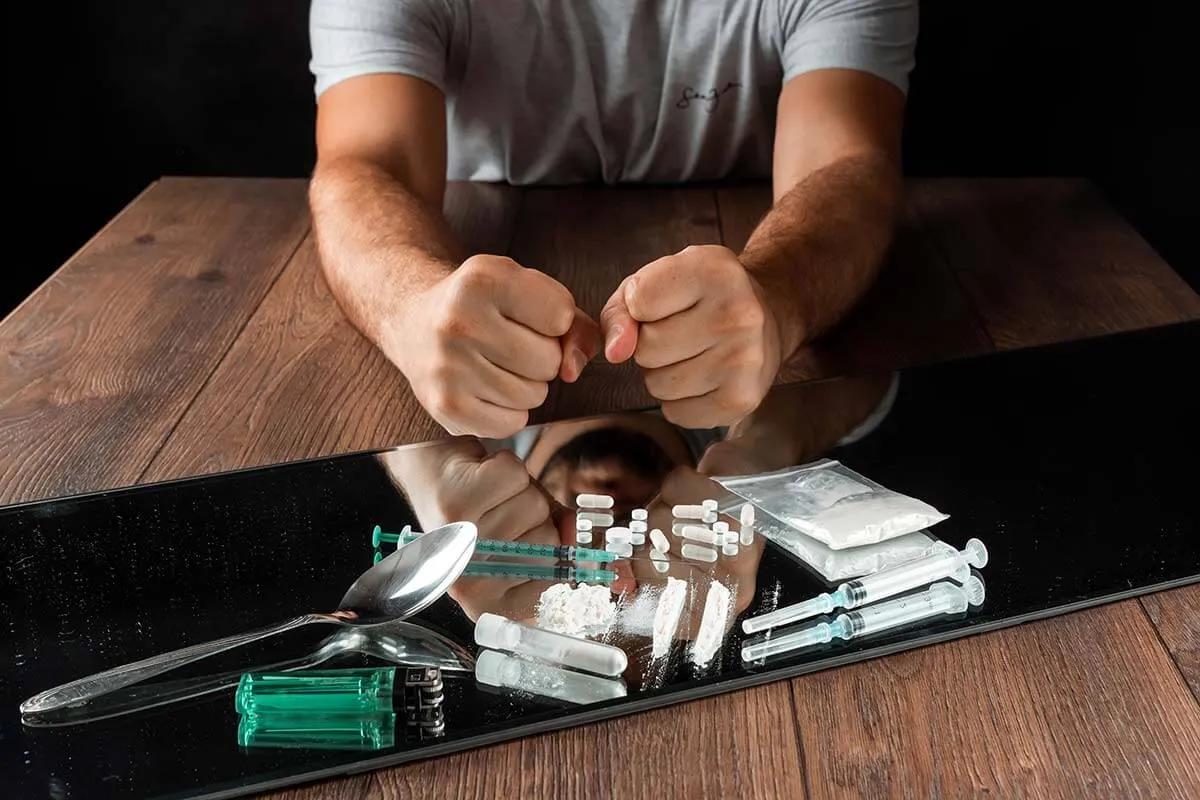Other Pages
- Opinion Poll
- About Us
- Send Your Story
- Contact Us
- Newsletter
- Privacy Policy
- Terms and Conditions

You’re probably not new to the subject of drug abuse. At some point or the other, we’ve all had real-life encounters with people taking hard substances. What most people may not know is the health implications of the continued use of drugs.
Peradventure you’ve never actually met someone doing drugs in real life, you’ve most likely seen them on your screen at some point, either looking good for it or otherwise (my money’s on the latter, though). The question, however, is: what’s the big deal?
 Photo Credit: Elite News
Photo Credit: Elite News
To a lot of people, the illicit use of substances such as marijuana, Rohypnol (popularly known as Refnol, Bluetongue), cocaine, tramadol, and cough syrups is no longer considered that much of a big deal. Many of these people claim it's just another way of altering consciousness and is not so different from many other recreational activities.
Reasons for doing drugs vary from one person to another. Some do it to fit in i.e wanting to be accepted by their friends or peers who are already into drugs. For some, they laced themselves up with drugs to escape deeper emotional pain such as depression, anxiety, stress-related disorders, and pains. While others are simply for experimental purposes i.e the urge to try new things.
Modern entertainment has played a role in no small way to portray the use of these substances as desirable to a young audience. Smoking and drugs have been infused into the Nigerian music culture and are now considered a lifestyle. Social media is filled with proof of the adverse effects of the wrong usage of these substances.
 Marijuana/Photo Credit: Markets Insider
Marijuana/Photo Credit: Markets Insider
The truth, however, is that not all that glitters is gold. Drug abuse has done more harm than the supposed good and evidence isn’t far-fetched.
In case you were giving drug abuse a thought, here are some reasons you shouldn’t:
One of the most important issues when it comes to drug abuse is the high risk of developing an addiction. Certain drugs are capable of tampering with brain function and if used repeatedly, can affect a person's self-control and interfere with the ability to resist the urge to take the drug, leading to addiction. People with an addiction can’t stop taking drugs on their own.
As mentioned earlier, some take drugs to run away from deep emotional pain or trauma. The truth, however, is that drugs do not cure emotional pain, but their effects wear off after giving momentary relief. Needing to take more to get the same effect.
Different types of drugs affect the body in different ways. They can have short-term and long-term effects, which can be both physical and psychological. Physical effects range from an abnormal heart rate, weakened immune system, seizures, stroke to a heart attack. Overdosing on drugs can also lead to death. Marijuana causes heart damage and lung problems.
There is some evidence that using some drugs may cause mental illness for the first time. For example, research has shown that cannabis can increase your chances of developing psychosis or a psychotic disorder. It causes restlessness, paranoia, depression, anxiety, aggression, hallucinations, and other problems. Drug addicts are roughly twice likely to suffer from mood and anxiety disorders. Drugs that contributes to mental disorder include (but not limited to) Cocaine, Inhalants, Ketamine, Marijuana, and Methamphetamine.
0 Comment(s)